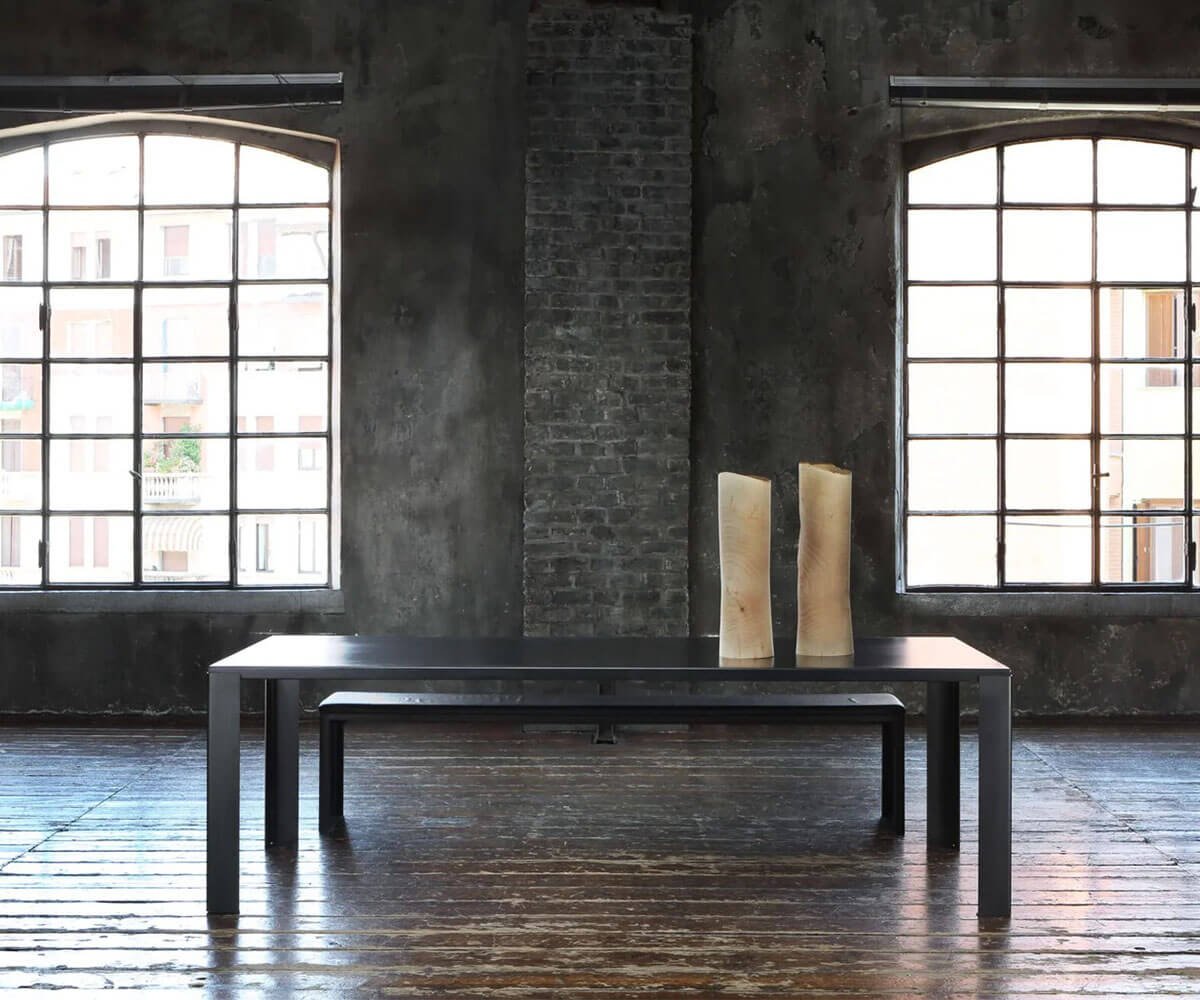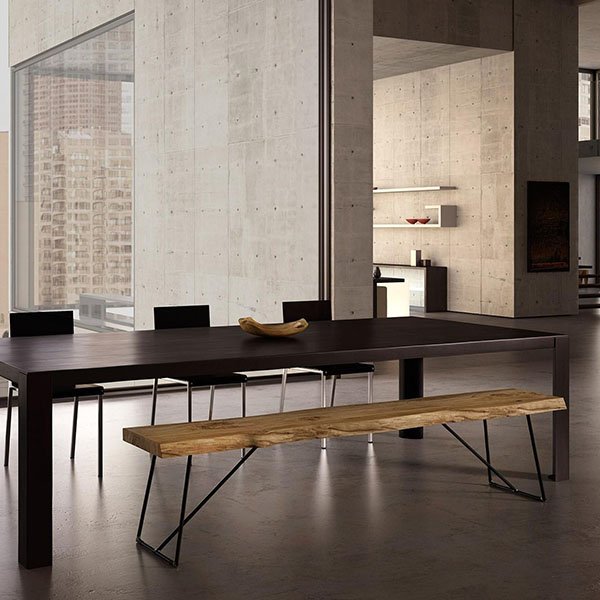Contract Furniture: The Transformative Power of Design

The Impact of Modern Office Furniture on Workplace Productivity
In today’s fast-paced business environment, the design of office furniture plays a pivotal role in shaping the productivity and well-being of employees. Modern office furniture is not just about aesthetics; it’s about creating a conducive environment that fosters efficiency, creativity, and collaboration. Ergonomically designed chairs, adjustable desks, and collaborative workspaces are some of the key elements that contribute to a productive workplace. By integrating these elements, businesses can ensure that their employees are comfortable, focused, and motivated to perform their best.
One of the significant benefits of modern office furniture is its ability to adapt to the dynamic needs of the workplace. With the rise of remote work and flexible schedules, having furniture that can be easily reconfigured to suit different tasks and workstyles is crucial. For instance, height-adjustable desks allow employees to switch between sitting and standing positions, reducing the risk of health issues associated with prolonged sitting. Similarly, modular furniture systems enable quick and easy reorganization of office layouts, promoting a more agile and responsive work environment.
Furthermore, modern office furniture is designed with sustainability in mind. Many manufacturers are now using eco-friendly materials and production processes to minimize their environmental impact. This not only helps businesses reduce their carbon footprint but also aligns with the growing demand for sustainable practices among consumers and employees. By choosing environmentally responsible furniture, companies can demonstrate their commitment to sustainability and corporate social responsibility.
Another critical aspect of modern office furniture is its ability to enhance employee well-being. Comfortable and supportive seating, adequate lighting, and noise-reducing elements are essential for creating a healthy and pleasant work environment. Research has shown that employees who work in well-designed spaces are more likely to experience higher job satisfaction, lower stress levels, and improved overall health. Investing in high-quality office furniture is, therefore, an investment in the well-being and productivity of the workforce.
In summary, modern office furniture is a vital component of a productive and efficient workplace. By prioritizing ergonomics, adaptability, sustainability, and employee well-being, businesses can create spaces that not only look great but also support the diverse needs of their workforce. As the nature of work continues to evolve, the importance of thoughtful and innovative office furniture design will only continue to grow.
Key Elements of Contemporary Furniture Design in Contract Furniture
Contemporary furniture design is characterized by its emphasis on clean lines, minimalism, and functionality. In the realm of contract furniture, these principles are applied to create pieces that are not only visually appealing but also highly practical and durable. The key elements of contemporary furniture design in contract furniture include simplicity, versatility, and the use of modern materials and technologies.
Simplicity is at the heart of contemporary furniture design. This approach focuses on eliminating unnecessary details and emphasizing the beauty of form and function. Clean lines, geometric shapes, and a neutral color palette are common features of contemporary furniture, creating a sense of calm and order in any space. This minimalist aesthetic is particularly well-suited to contract furniture, as it allows for easy integration into a variety of settings, from corporate offices to hospitality environments.
Versatility is another essential element of contemporary furniture design. In contract furniture, this means creating pieces that can serve multiple purposes and adapt to different contexts. For example, a modular seating system can be reconfigured to accommodate various group sizes and activities, while a multifunctional table can be used for both dining and working. This flexibility is crucial in modern spaces, where the needs of users are constantly changing and evolving.
The use of modern materials and technologies is also a defining characteristic of contemporary furniture design. Advances in manufacturing techniques and material science have enabled designers to create furniture that is not only aesthetically pleasing but also highly durable and sustainable. For instance, the use of lightweight yet strong materials such as aluminum and engineered wood allows for the creation of sleek and sturdy furniture pieces. Additionally, the incorporation of smart technologies, such as integrated charging ports and wireless connectivity, enhances the functionality and convenience of contemporary contract furniture.
Moreover, contemporary furniture design often incorporates elements of biophilic design, which seeks to connect people with nature through the use of natural materials, colors, and patterns. This approach has been shown to improve well-being and productivity by creating a more pleasant and stimulating environment. In contract furniture, biophilic design can be achieved through the use of wood, stone, and plant-inspired motifs, as well as the integration of natural light and greenery into the overall design.
In conclusion, contemporary furniture design in contract furniture is defined by its simplicity, versatility, and use of modern materials and technologies. By embracing these principles, designers can create furniture that not only meets the practical needs of users but also enhances the aesthetic appeal and functionality of modern spaces. As the demand for innovative and adaptable furniture solutions continues to grow, the influence of contemporary design in the contract furniture industry is set to become even more pronounced.








